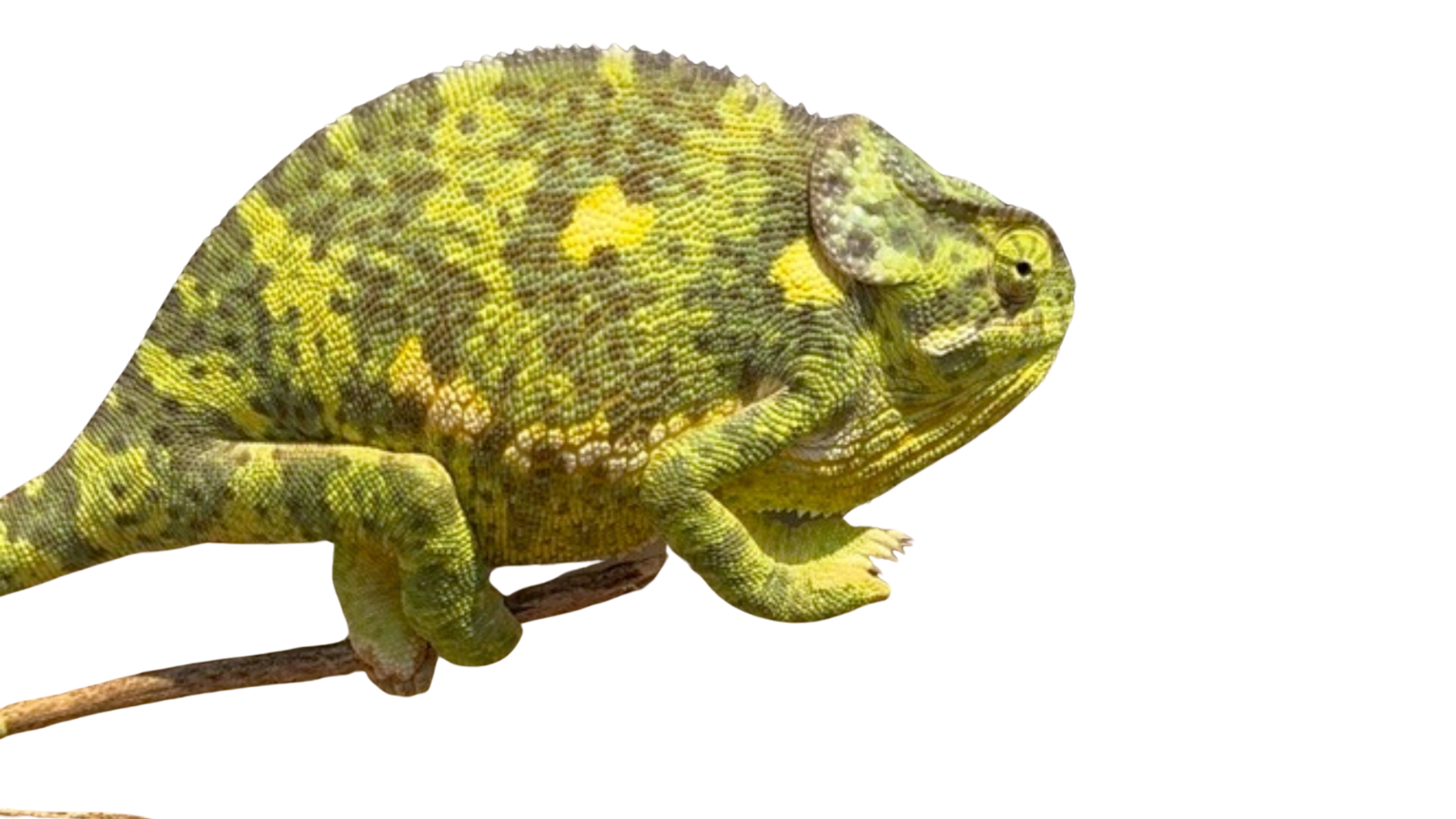Savannas, megafauna, early humans, and tool use. All in one picture.
Most modern agricultural innovations have come from chemists and physicists. These include synthetic fertilizer and DDT. Those technologies have a whole chain of unanticipated negative consequences. We can predict that Fake Meat will exhibit the same pattern. We can predict this fifty years in advance, just as astronomers can predict an eclipse in 2068.
Yet in the news, ‘experts’ predict that Fake Meat will be an ecological magic bullet. Meat has long been a whipping boy of the environmental movement, but it shouldn’t be. A person’s presence in a hospital is probably one of the better predictors of death. However, that is, usually because people go there right before they die. Correlation without causation. In the same way, meat consumption is correlated with ecological problems in the modern world. However, it is not meat consumption that causes those problems.
The Long History of Meat Eating
Think about the Pleistocene savannas of North America. Twenty thousand years ago, there were more kinds of large mammals in your backyard than there are in any African game park. The evidence suggests that there were far more large mammals in the Pleistocene than there are today. This despite all the technology we use to grow animals. That is a lot of meat and most of it was consumed by some meat eating mammal. Yet, biodiversity was much higher, erosion much lower, and despite all the methane those animals emitted, it was the Ice Age, for God’s sake. So, meat consumption is poorly correlated with biodiversity loss, soil erosion, and global warming.
In contrast, tillage is a good proxy for the ecological damage created by agriculture. Tillage reduces plant biodiversity effectively to zero, has turned feet of soil into inches of soil, and emits lots of greenhouse gases. Meat consumption does not cause ecological degradation. In a world of CAFOs that feed grain, meat consumption is strongly correlated with tillage.
The Short History of Fake Meat
Fake Meat, if successful, will greatly increase the number of acres that are tilled every year. I became a cattle rancher because I was a native grass geek. Livestock are the only mechanism available for turning that grass into a product that people will buy. Without this competing land use, owners of ranchland will have no choice but to plow that land up and plant corn, wheat and soybeans. One of the uses for this corn will be, yes, Fake Meat. Whatever technology comes to dominate this industry, you can bet that it will be corn that will be the feedstock. If you have any doubts about the the market’s ability to absorb cheap grain you have not been paying attention to the recent growth of biofuels.
In places that cannot be tilled, the land will be subdivided. A very small fraction of ranch land will be bought for conservation. This land will degrade for lack of a critical piece of the ecosystem, large grazing animals. Some of the more innovative people and organizations that buy that land might use livestock to manage it. They will have to call the vet to euthanize the animals when there are too many for the grass to support.
Beyond the Fake Meat in the Fake News
We can predict that reducing meat consumption will be an inefficient and ineffective way of reducing the ecological impact of agriculture. How? Because meat consumption has been a fundamental feature of the ecosystem of this planet for hundreds of millions of years. In contrast, tillage has no close ecological analog.
Next week, we will drill deeper into how we can use this sort of thinking to predict outcomes in other disciplines. In ecology, economics, health, psychology, and sociology innovations have been very elusive when we compare them to the disciplines of physics and chemistry. We will see why, and in the process we will get a glimpse of a different way of interacting with technology.
Almanac
I am going to start an ‘Almanac’ section at the end of the blog posts to update blog readers on the things that we are seeing out on the land with the cattle, grass, etc. We have a very special first edition of this section. We’ve had a good shot of rain here over the last few weeks. Along with much other life, it has brought a new member of the Grounded Family. Byron Palmer, my partner in the business Grounded Land and Livestock, and his wife Alessa had their little baby girl, Emma. Hanna, my wife, was able to be at the birth in her capacity as a midwife. We are very excited to welcome this little Palmer. It makes me reflect on what will be necessary to create a world where the next generation of humans can live a life that is more closely aligned with our savanna ancestry.

